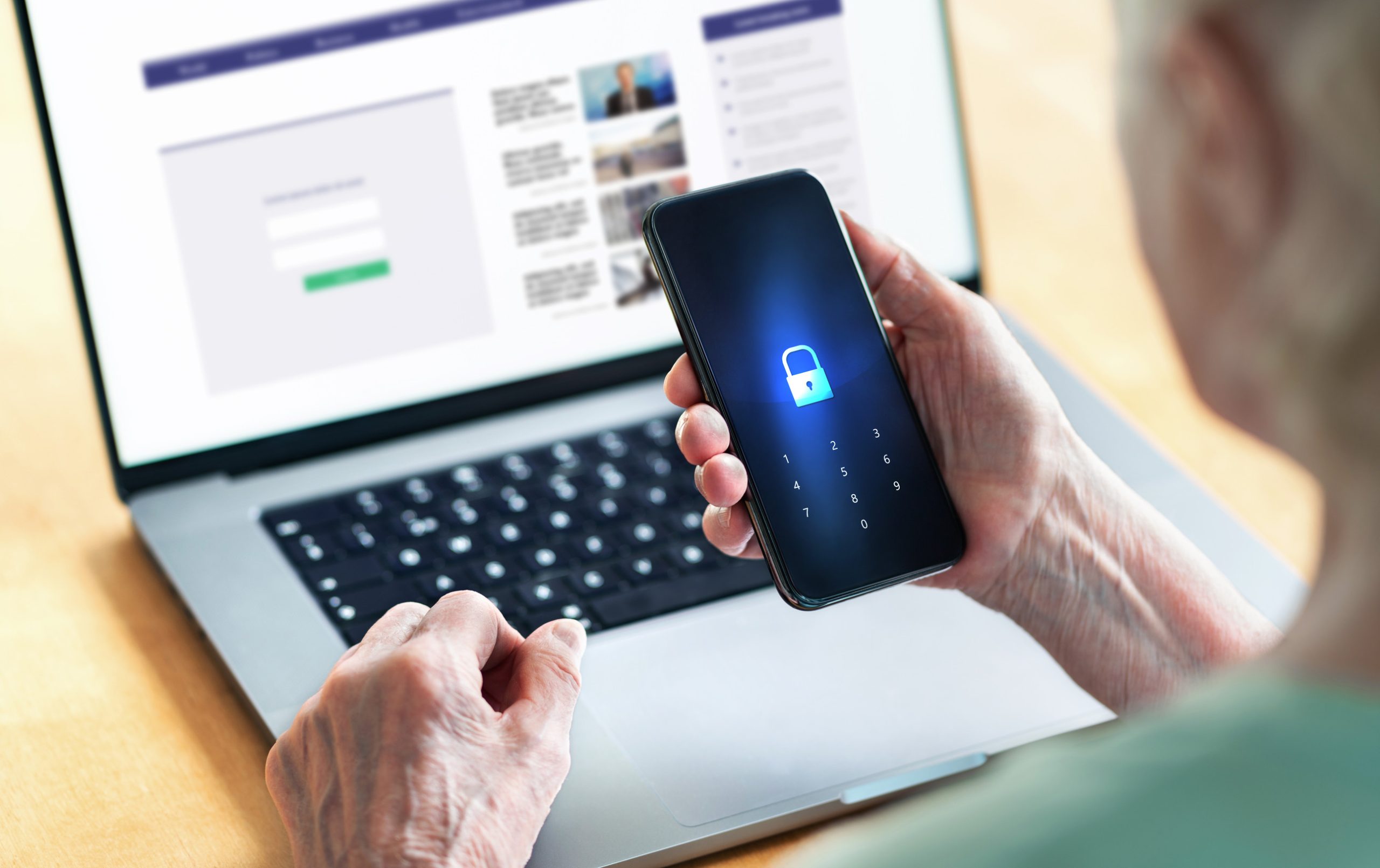
Retirees today have more online accounts than ever before—banking, investments, insurance, and even medical records. But what happens if someone passes away without leaving behind any login details? Families can find themselves locked out of crucial financial and personal information. Untangling accounts can take months, sometimes years, and cost thousands in legal fees. The reality is clear: failing to share digital passwords for retirees creates chaos at one of life’s hardest moments.
1. Families Lose Access to Bank and Investment Accounts
One of the most serious risks when digital passwords for retirees aren’t shared is being locked out of money. Online banking, retirement accounts, and brokerage platforms often require usernames, passwords, and two-factor authentication. Without them, heirs may struggle to prove ownership and access funds. Fidelity notes that account access usually requires legal documents and court approval if credentials are missing. That delay can stall bills, funeral costs, and estate settlements.
2. Bills and Subscriptions Keep Draining Money
Automatic payments don’t stop just because someone dies. If digital passwords for retirees aren’t known, streaming services, credit cards, or utilities can keep charging the account. Families often lose money on recurring charges they can’t cancel without logins. In some cases, these subscriptions continue for years unnoticed. The result is wasted funds that could have gone toward meaningful expenses.
3. Social Media Accounts Become Vulnerable
When digital passwords for retirees aren’t shared, social media profiles often remain active long after death. That leaves accounts open to hacking or identity theft. Most Americans haven’t planned for their digital legacy, leaving loved ones to figure it out. Some platforms, like Facebook, allow “legacy contacts,” but many families don’t know how to set them up. Without planning, accounts can turn into painful reminders.
4. Email Becomes a Locked Gateway
Email is often the key to recovering passwords for every other account. If digital passwords for retirees aren’t left behind, families may be locked out of this essential hub. Without email access, it’s nearly impossible to reset accounts or manage online services. Losing an email login can block heirs from accessing everything from bank statements to health portals. It’s one of the biggest hurdles when no plan exists.
5. Legal Battles Can Be Costly and Lengthy
In some cases, families must go to court to gain access to digital assets. This process, called probate for digital property, can take months and rack up legal fees. The Uniform Law Commission drafted laws (RUFADAA) to help heirs access digital accounts, but states vary in adoption. Without shared passwords, families must rely on attorneys and court orders to untangle accounts. That means higher costs and more stress during an already emotional time.
6. Sentimental Items May Be Lost Forever
Not all digital assets are financial—photos, videos, and personal messages are often stored online. When digital passwords for retirees aren’t shared, these memories can vanish with the account. Google and Apple have legacy programs, but they require setup in advance. If no one knows the credentials, families may never recover sentimental items. For many loved ones, losing digital memories can hurt as much as losing money.
7. Password Managers Can Solve the Problem
Fortunately, there are solutions. Password managers allow retirees to securely store all credentials in one place, with emergency access for trusted family members. LastPass and 1Password offer features designed for legacy planning. Even a simple written list, stored safely with estate documents, can prevent disaster. Sharing digital passwords for retirees is just as important as sharing a will. Without it, survivors are left in the dark.
Why Planning Ahead Matters Most
Dying without leaving digital passwords for retirees behind creates more than inconvenience—it can cause financial losses, legal battles, and emotional pain. With so much of life tied to online accounts, planning for digital access is now essential. Setting up legacy contacts, password managers, or secure lists ensures families aren’t left guessing. Retirement planning isn’t complete until digital life is accounted for. The sooner this is addressed, the smoother the process will be for loved ones.
Do you or your loved ones have a plan for digital passwords for retirees? What steps are you taking to prepare your online legacy? Share your thoughts in the comments.
Read More
Is cryptocurrency worth it for the everyday investor?
What Happens When You Leave Your Grandkids Nothing in the Will?

Teri Monroe started her career in communications working for local government and nonprofits. Today, she is a freelance finance and lifestyle writer and small business owner. In her spare time, she loves golfing with her husband, taking her dog Milo on long walks, and playing pickleball with friends.






Comments